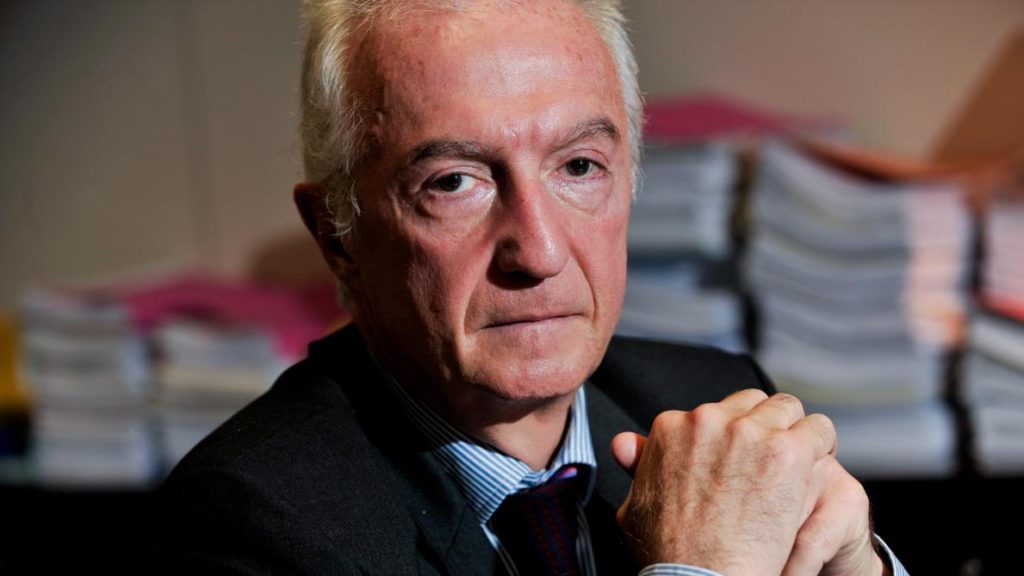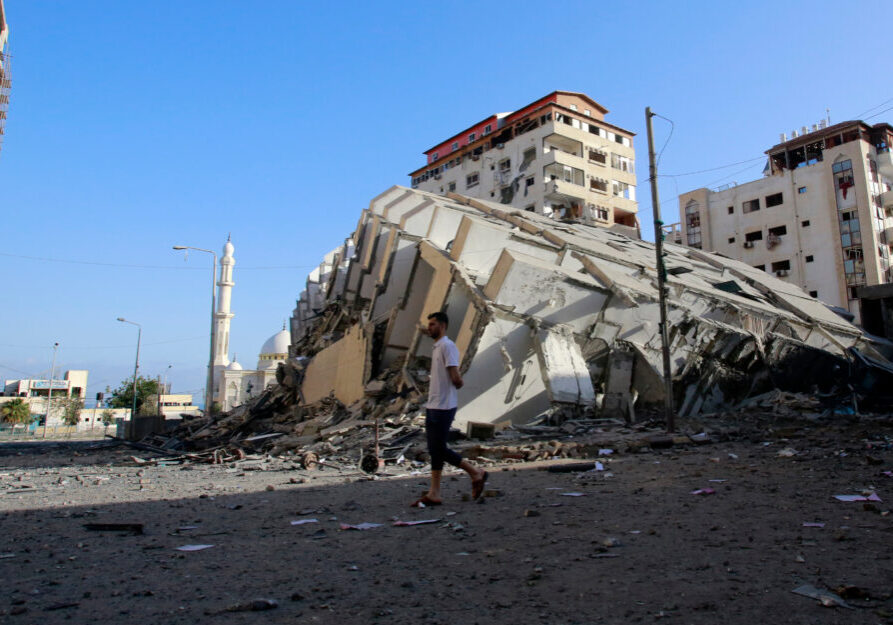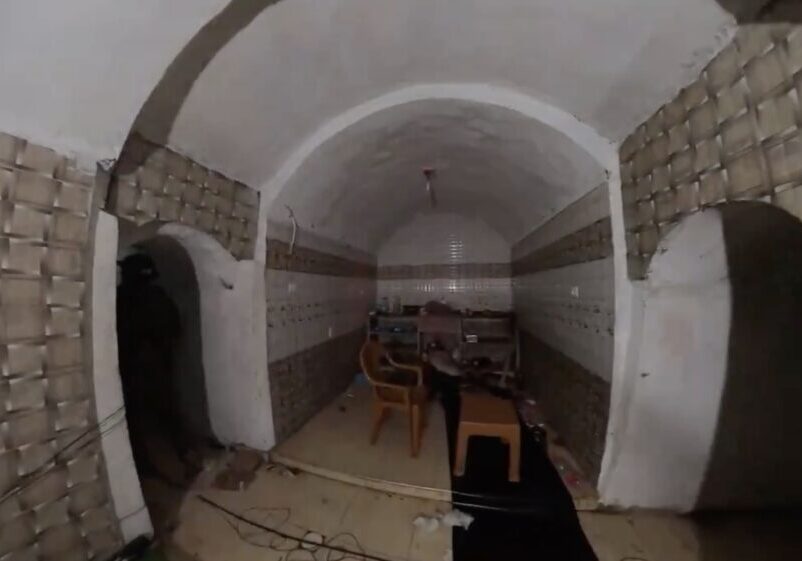Australia/Israel Review
Europa Europa: Terms of Engagement
Oct 10, 2017 | Douglas Davis

Douglas Davis
The good burghers of Europe have long assumed that the decline of the ISIS caliphate would diminish the terrorist threat they face. They know better now. ISIS is no longer encouraging activists to join its ranks in Iraq and Syria. Instead, it is advising them to wreak havoc in their home countries.
According to Gilles de Kerchove, the counter-terrorism chief of Europol, the European Union’s law-enforcement agency, there are now more than 50,000 jihadists in Europe. Britain leads the way, with an estimated 35,000. Of these, 3,000 are said to be of particular concern to Britain’s overstretched MI5 intelligence service, with just 500 receiving “constant and special attention”. By comparison, France is estimated to be home to 17,000 Islamic radicals, while Spain has about 5,000 and Belgium around 2,000.
De Kerchove noted that many plots had been foiled, “but, of course, some have succeeded… There is very sadly nothing like 100 per cent security. You can never prevent someone picking up a knife in the kitchen, leaving his apartment, and killing someone in the street.”
In an address last month, Britain’s most senior counter-terrorism police officer, Mark Rowley, sounded a note of profound concern when he called on “every strand of our society” – universities, shop-owners, councils, hospitals and the public at large – to unite in defeating the threat of extremism. In the previous six months, he noted, 36 people had been killed and more than 200 injured in four separate terrorist attacks on British soil. The number of attacks rose to five a few days later when an Iraqi refugee tried to blow up an underground train, injuring 22 people.
What made Rowley’s concern – and his appeal to his citizens – particularly poignant is that it was expressed not in London but in the north Tel Aviv suburb of Herzliya, where he was attending the annual conference of the International Institute for Counter-Terrorism.
Once, Europeans regarded urban terrorism as an Israel-specific experience that had nothing to do with them. No more. What happens in Israel is now increasingly being regarded as a precursor of what is to come in Europe. Sure enough, the sort of low-tech terrorist attacks that have afflicted Israelis – suicide bombings, car bombings, car rammings and random stabbings – are now being copied across Europe. And senior security officials from most European countries are crossing the Mediterranean to see how Israel, now perceived to be in the front line of jihadist terror, is dealing with the scourge.
What would they hear? They would be told that, thanks to lightly armed Kurdish peshmerga fighters on the ground and sophisticated American power from the air, the game is almost up for ISIS in Syria and Iraq. The dream of a caliphate will live on territorially in a clutch of North African states, from Libya to Somalia and Nigeria, and it will live on in the aspirations of jihadists in Europe.
They would also be told that two factors have prompted the current spate of attacks on European soil: firstly, the inflow to Europe of more than a million Muslim migrants in the past couple of years; secondly, the tens of thousands of battle-hardened young Muslims who have returned to their European homes after fighting with ISIS.
Europe’s policy-planners and decision-makers will need strong stomachs, and an abundance of good luck. They will need to understand – and then persuade their electorates – that the terrorists they now confront bear little resemblance to the IRA in Britain, the Basque ETA in Spain, the RAF in Germany or the Red Brigades in Italy.
Those terrorists might have been brutal and deadly, but they were fighting for rational political goals, more or less. The radicalised Islamists, on the other hand, are seeking no less than the destruction of Europe, along with what they perceive to be its decadent democratic institutions and its debauched cultural traditions. Europeans are unlikely to give up their treasures easily, but there is a question mark over how hard they will resist.
Resistance will mean far more intelligence surveillance, tougher interrogation techniques, more airport-style security at cinemas, concert halls and sports events, more eyes and ears on Muslim communities. The corollary will, of course, be a reduction in civil liberties. How far would politicians dare go in tightening the belt of personal freedom?
Jerusalem Mayor Nir Barkat has urged the British Government to abandon its advice to citizens to “run, hide, tell” if they are caught up in a terrorist outrage. Much better, he says, to fight back and engage the threat. Europe, he said, has been “soft” on extremist plotters: “We train our public to engage the terrorists,” said Barkat. “Even if you risk your life, engage because you are saving others. Sometimes you see Jerusalemites with a guitar, with a stick, with a broom… Engage, engage, engage.”
Barkat leads by example: two years ago, he subdued a Palestinian radical trying to stab a Jew.
Tags: Europe






